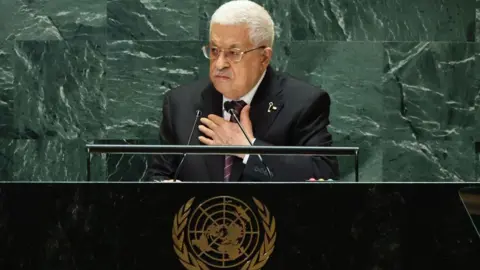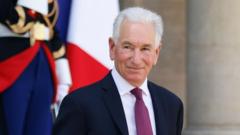The United States confirmed on July 22, 2025, its decision to withdraw from the United Nations Educational, Scientific and Cultural Organization (UNESCO), marking yet another step in President Trump's administration to sever ties with various international organizations. The announcement came from the State Department as it indicated the withdrawal would take effect at the end of the following year, reflecting ongoing tensions between the Trump administration and multilateral institutions.
Tammy Bruce, a spokesperson for the State Department, articulated the administration's rationale, stating that participation in UNESCO "is not in the national interest of the United States." She portrayed the organization as one that promotes "divisive social and cultural causes," asserting that it aligns with an ideological agenda that contradicts the "America First" foreign policy principles.
The U.S. relationship with UNESCO has been tumultuous, with the country previously withdrawing during Trump's first term due to allegations of anti-Israel bias and rejoining under the Biden administration's tenure. The announcement of withdrawal in 2025 arrives on the heels of Trump's executive order in February, which called for a reevaluation of U.S. involvement in the United Nations, further emphasizing the administration's critical stance on UNESCO.
UNESCO, recognized for designating World Heritage sites and promoting various educational initiatives, has faced funding shortages since the U.S. cut off financial support after Palestine was granted full membership in 2011. The halt of funding—mandated by U.S. law—resulted in significant budget cuts for the organization, affecting its various programs.
Amid these changes, tensions have also arisen regarding China's expanding influence within UNESCO, an issue that was highlighted when the Biden administration decided to rejoin, under the premise that U.S. absence created a void that other nations might exploit. As global dynamics shift and debates over international cooperation intensify, the impact of this decision on cultural preservation and educational dialogues remains to be seen.























